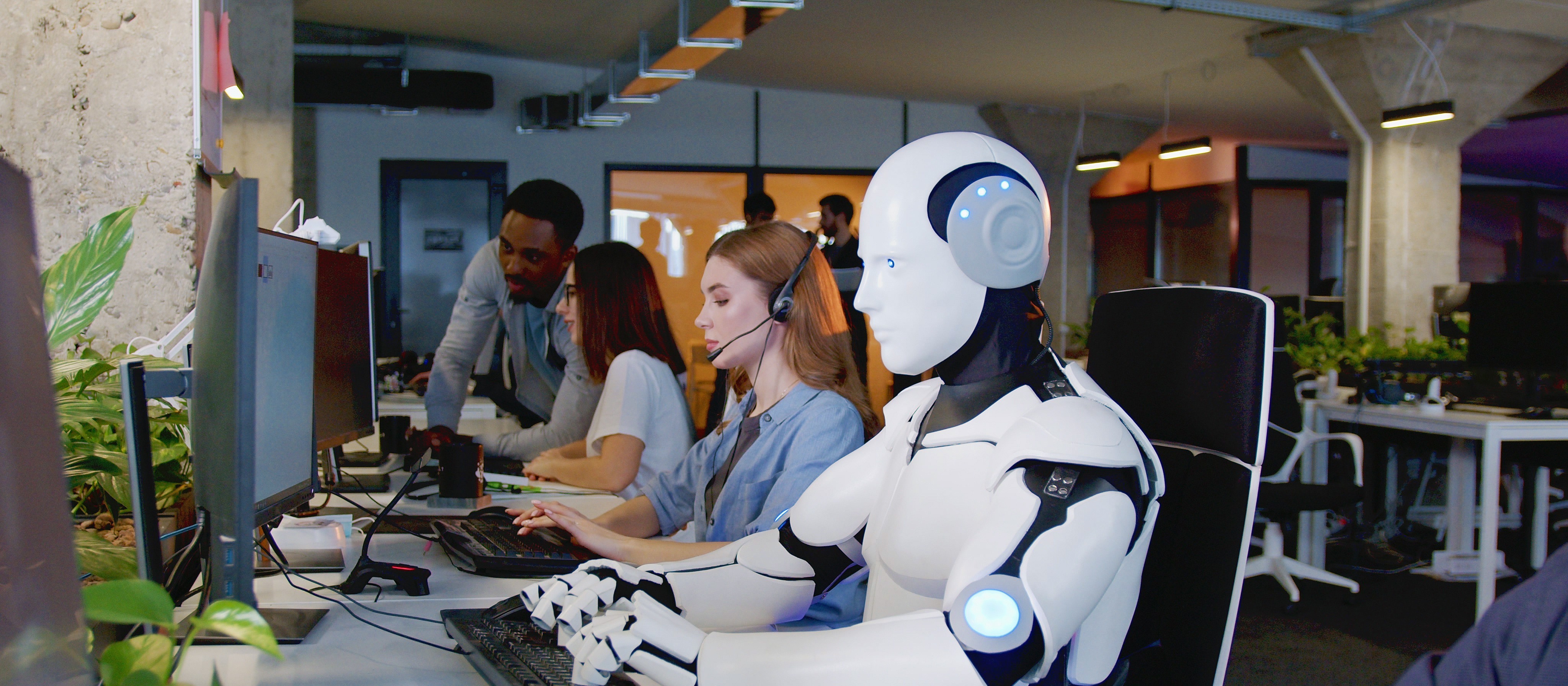🚀 The AI Revolution Is Here: What It Means for Jobs, the Economy, and Our Future
Artificial Intelligence (AI) isn’t just changing the world — it’s redefining everything we thought we knew about jobs, growth, and the economy. From automating creative tasks to disrupting white-collar careers, AI’s rapid rise is unlike any tech revolution before it.
In a powerful and eye-opening discussion, former U.S. presidential candidate Andrew Yang shares why this moment is different — and why we must act now to avoid leaving millions behind.
🤖 AI Is Coming for White-Collar Jobs — Fast
For years, we believed automation would only hit factories and repetitive labor. But not anymore.
Today, AI is replacing coders, graphic designers, customer service reps, and entry-level professionals. Even creative and technical jobs — once considered future-proof — are on the chopping block. This rapid shift is leaving new graduates and job seekers struggling to find meaningful work or climb the career ladder.
 💸 Earn Money
💸 Earn Money
💼 Why the Old Promise of “More Jobs Later” May No Longer Hold True
- AI does more tasks, faster, and with fewer people.
- Companies are shrinking teams, not growing them.
- Entry-level roles are being erased before new ones are created.
Yang argues this revolution is different: it’s consolidating power and wealth while reducing opportunities for everyday people.
⚠️ CEOs Know What’s Happening — But They’re Not Stopping It
Executives like Amazon’s Andy Jassy are openly talking about cutting jobs due to AI — and Wall Street rewards them for it.
This reveals a harsh truth: companies are optimized for profit, not people.
Without government intervention or ethical regulation, AI development will remain a Wild West where worker welfare takes a backseat to shareholder gains.
🌍 Why We Need Smart, Federal AI Regulation Now
AI is moving too fast for most governments to keep up. States can’t regulate effectively, and the international race with countries like China makes the pressure to “go fast” even worse.
Without federal oversight, we risk:
- Widening economic inequality
- Unethical AI use
- Job losses without social safety nets
💡 Can Universal Basic Income (UBI) Save Us?
Yang strongly supports Universal Basic Income — a monthly cash payment to every citizen — as a lifeline for those displaced by AI.
Why UBI makes sense in an AI economy:
- It gives people financial security as jobs vanish
- It keeps the economy stable by maintaining consumer demand
- It redistributes the massive wealth created by AI giants
📉 Rethinking What Economic Growth Means
In an AI-driven world, traditional success metrics like “job creation” no longer apply.
- More employees might mean inefficiency now
- Fewer employees could signal a more optimized, AI-powered business
- Human capital must be valued in new ways
Businesses and governments will need new metrics to measure growth and health in this new era.
🌐 The Future Depends on Us: Time for Bold, Collaborative Action
AI is the Fourth Industrial Revolution, and it's unfolding faster than any before. If left unchecked, it could:
- Deepen inequality
- Spark social unrest
- Trigger geopolitical tensions
The solution? Global cooperation, thoughtful regulation, and a commitment to sharing AI’s benefits fairly.
🔚 Final Thoughts: The AI Revolution Is Here — Will We Rise to the Challenge?
The AI era brings immense opportunity, but also unprecedented disruption. The choices we make now — around education, regulation, income, and corporate ethics — will define our future.
🌍 Let’s ensure AI doesn’t just make a few people richer — but helps all of us live better, more secure lives.